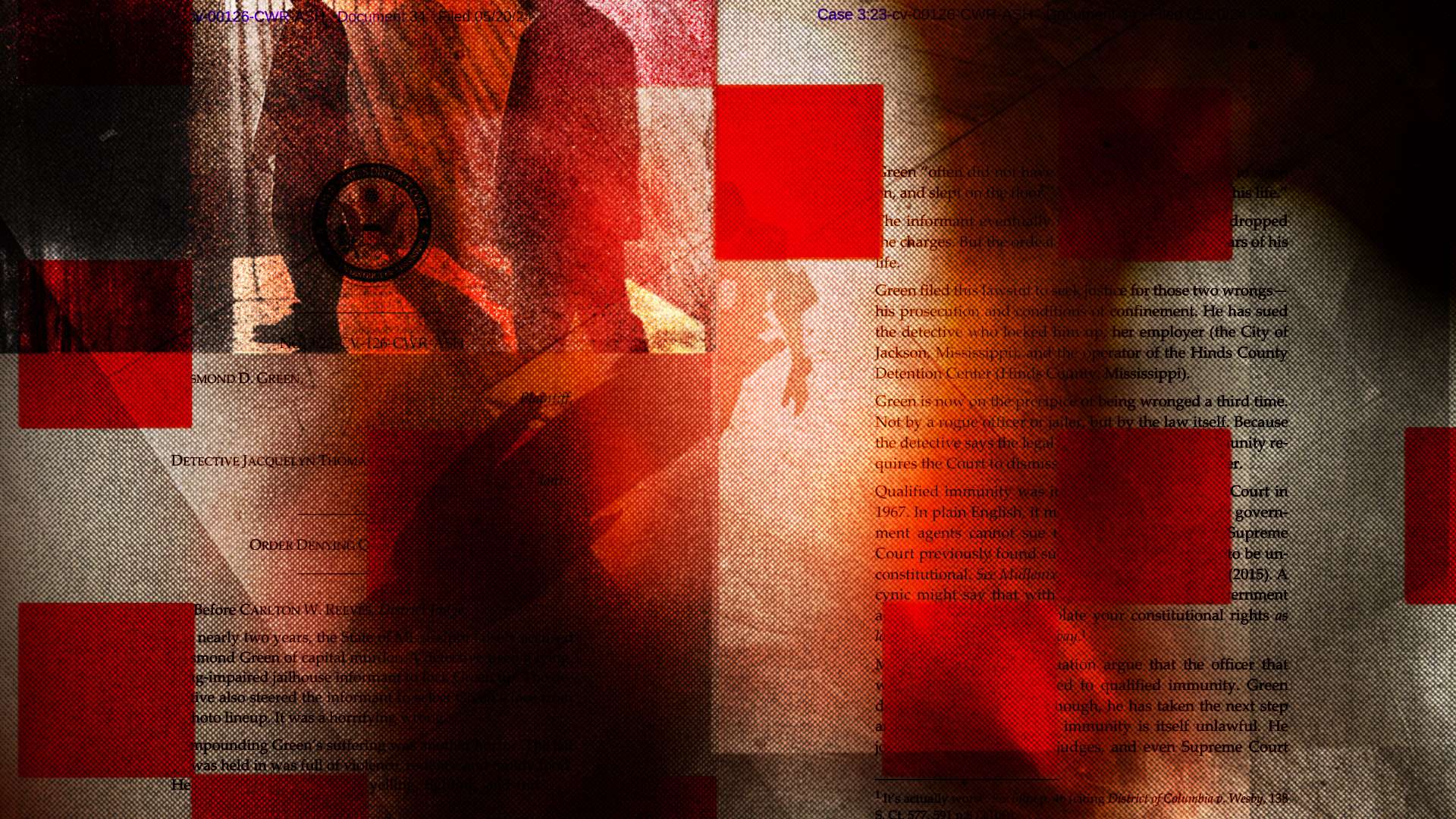There has been a growing skepticism towards qualified immunity, a legal doctrine that protects state and local government officials from being sued for violating rights. This skepticism has led to some unexpected alliances and challenged traditional partisan divisions. Recently, a federal judge suggested an alliance between those who oppose Roe v. Wade, the Supreme Court decision that established abortion rights, and those who criticize qualified immunity.
The judge’s opinion came in a case involving a police detective accused of using questionable tactics that resulted in an innocent man spending nearly two years in jail. The detective claimed qualified immunity, which shields government employees from civil suits if their actions have not been deemed unconstitutional by previous court cases.
However, the judge ruled that the detective’s actions violated established law. This raised concerns about the doctrine of qualified immunity and how it can prolong legal battles, potentially denying justice to victims. The judge highlighted the origins of qualified immunity, which was not part of the original legislative process but was established by the Supreme Court through decisions like Pierson v. Ray and Harlow v. Fitzgerald.
The judge drew parallels between the debates around qualified immunity and abortion rights, noting that both involve challenges to Supreme Court decisions that some believe overstepped legislative boundaries. The issue of whether judges should make such significant decisions instead of lawmakers has been a point of contention.
While the Supreme Court has addressed some extreme cases related to qualified immunity, it has been hesitant to revisit the doctrine as a whole. This reluctance raises questions about the balance of power between the judiciary and Congress in shaping legal protections.
Ultimately, the debate over qualified immunity is not just about legal technicalities but about ensuring that victims of government abuse have a fair chance to seek justice. By allowing cases to go before a jury, individuals can have their grievances heard and evaluated by their peers, rather than being dismissed on technical grounds.
Judge Carlton Reeves’ recent ruling on qualified immunity reflects ongoing concerns about the doctrine and its implications for accountability in cases of government misconduct. While the legal landscape may be complex, the fundamental question remains: should individuals be denied their day in court due to legal technicalities?





